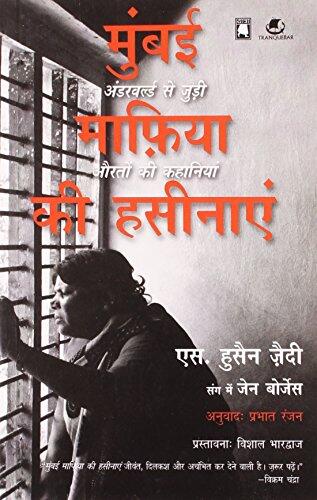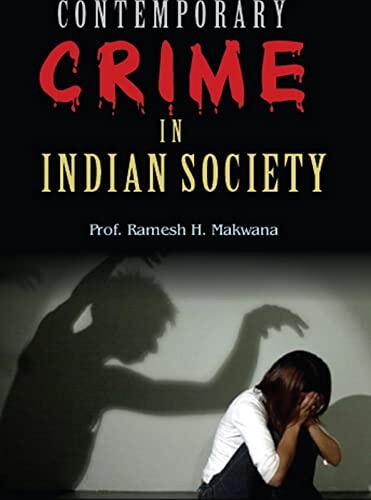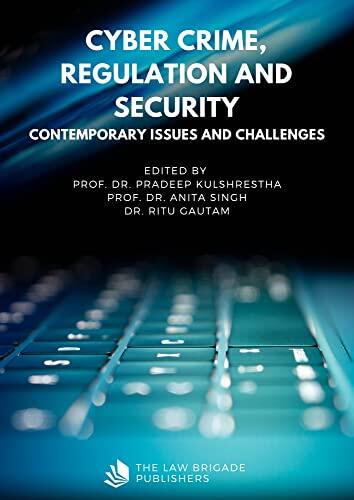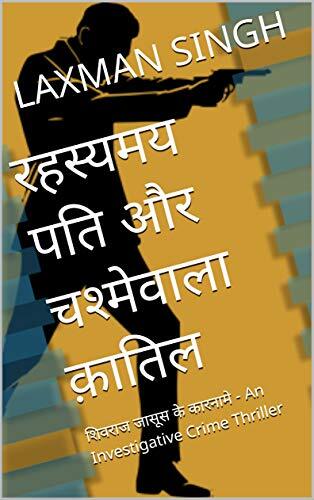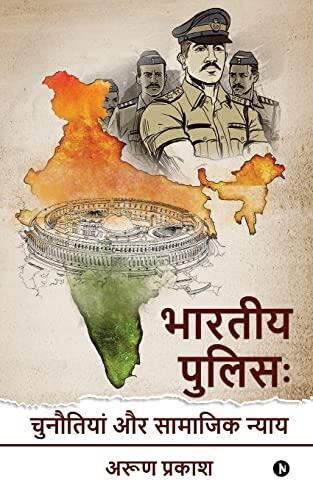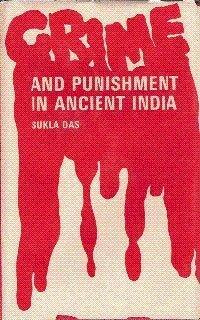
Crime And Punishment In Ancient India
작성자
S. Das
아직 평점이 없습니다
Mystery
형식
하드커버
페이지
250
언어
힌디어
출판됨
Jan 1, 1990
출판사
Abhinav Pubns
판
1
ISBN-10
8170170540
ISBN-13
9788170170549
설명
S. Das delves into the intricate world of justice in ancient India, offering a scholarly exploration of the social, legal, and moral frameworks that governed crime and punishment in that era. Through meticulous research, he uncovers the historical context that shaped the perception of wrongdoing and the methods used to address it. The book invites readers to understand how ancient societies interpreted ethics and law, reflecting on the cultural ethos of the time.
The narrative is enriched with vivid illustrations of various offenses, from petty theft to more serious crimes, alongside the diverse consequences meted out to offenders. Das navigates the complexities of dharma, the guiding principle of righteousness, and how it influenced punitive measures. His examination of religious texts and legal codes provides insights into the philosophical underpinnings of justice and mercy, showcasing the balancing act that ancient lawmakers performed.
Ultimately, the work serves as a window into the human condition, capturing the interplay between societal values and the penal practices of the time. It prompts reflection on the evolution of legal systems and moral thought, making it a crucial read for historians, legal scholars, and anyone interested in the rich tapestry of India's past.
The narrative is enriched with vivid illustrations of various offenses, from petty theft to more serious crimes, alongside the diverse consequences meted out to offenders. Das navigates the complexities of dharma, the guiding principle of righteousness, and how it influenced punitive measures. His examination of religious texts and legal codes provides insights into the philosophical underpinnings of justice and mercy, showcasing the balancing act that ancient lawmakers performed.
Ultimately, the work serves as a window into the human condition, capturing the interplay between societal values and the penal practices of the time. It prompts reflection on the evolution of legal systems and moral thought, making it a crucial read for historians, legal scholars, and anyone interested in the rich tapestry of India's past.
